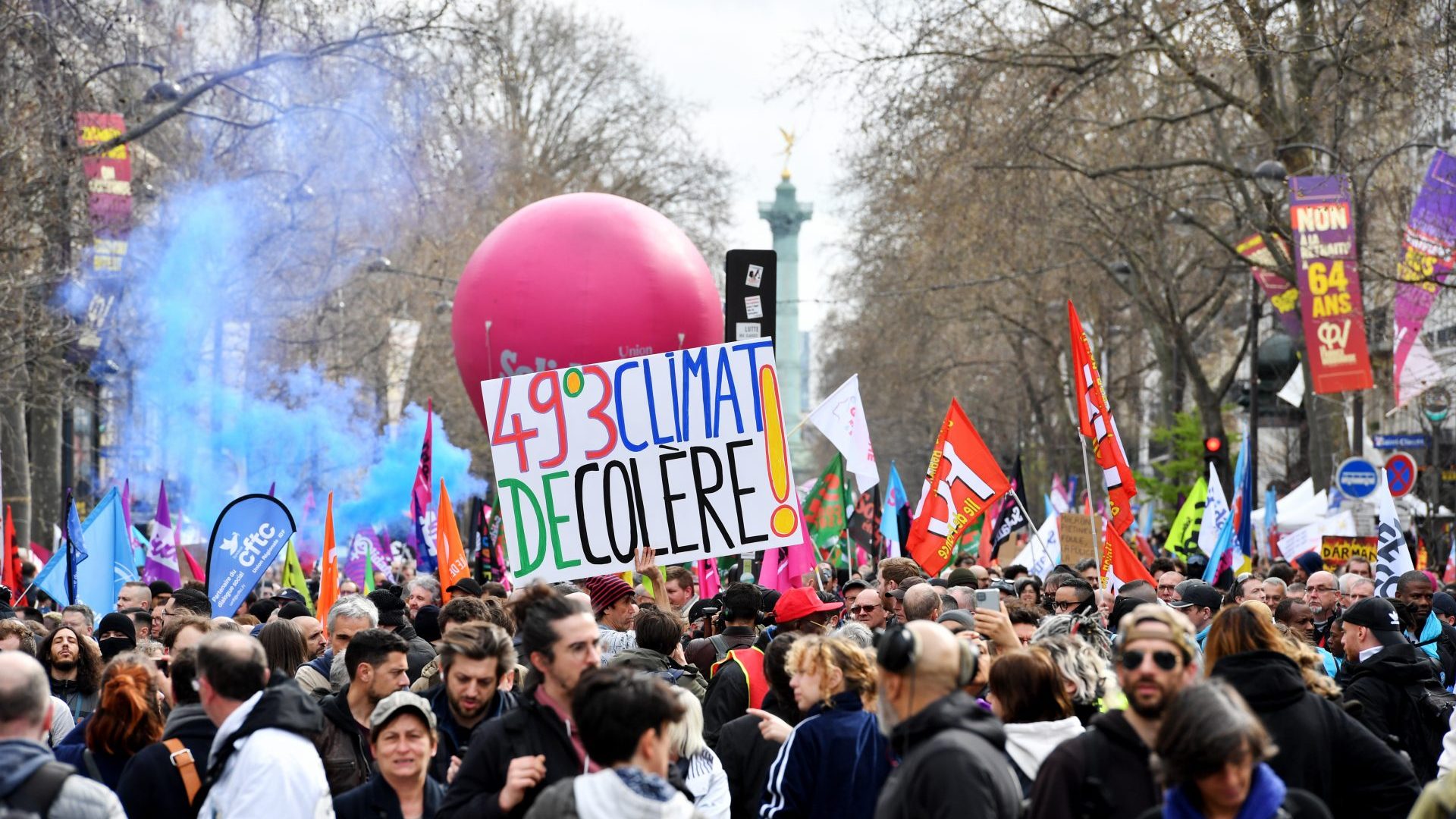Last month, I spent a week in Paris with an array of experts discussing energy and climate. There were specialists on: electric vehicles from Ghana and India; green hydrogen in Saudi Arabia and Uruguay; carbon capture in Kenya; and Islamic financing in Indonesia.
Sitting in an office overlooking the Eiffel Tower, listening to the experts dissect the graphs, I gathered that although the world has finally, it seems, come to treat climate change as the acute emergency it is, we are nowhere near on track to meet the emissions targets set at Paris in 2015. We are not progressing fast enough to make up for lost time.
The war in Ukraine is expediting the green transition, with many countries investing in renewable sources to ensure their energy security. For every dollar invested in fossil fuels right now, $1.70 is being invested in clean energy.
But fossil fuels still constitute about 80 per cent of our present energy supply. OPEC countries acknowledge that the clean energy transition will occur but at a slower pace than Europe would like. Parts of the world will remain dependent on fossil fuels for the next few decades.
Fatih Birol, the Executive Director of the International Energy Agency, sees COP28 as the opportunity for the fossil fuel industry to show it is serious about climate change. The IEA reports that the oil and gas industry has the technologies, the money and the know-how to reduce its emissions by 60 percent by 2030.
We also need a radical shift towards renewables and other clean energy sources – and to back that up by electrifying many new sectors, ditching internal combustion engines for electric motors, and gas boilers for electric heat pumps.
But how to finance the green transition – and who should pay for it?
The impact of climate change is felt unevenly. Developing countries who contributed the least are suffering the most. Poor people across the Global South are more exposed to climate change and have fewer resources to weather the shocks. Lower-income countries need longer to decarbonize; many are more immediately dealing with energy poverty — connecting communities to the grid in the first place.
An estimated $2.5 trillion a year in climate finance is needed in the Global South – which is paying $1 trillion a year to North countries as interest on their debt. A week before my visit, President Macron hosted a summit for “a new global financial pact”. Limited progress was made on increasing support from rich countries to the less wealthy, though the multilateral development banks made a commitment to squeeze out $200 billion in extra lending capacity by taking on more risk.
Over dinners, we discussed how the green transition necessitates a radical transformation of the entire global economy – not only our energy systems, but also the way we travel, build, produce, and trade. I thought more about how each one of us needs to contribute by reducing our own burden on the planet, focusing more on how we live, what we eat, and where we invest.
In between meetings, I went on long strolls through the centre of the city, snapping photos of chic shops with their flower arrangements, a Monet painting in the Musee d’Orsay, and assortments of chocolates in Maison Boissier.
My flânerie, however, was interrupted by messages asking if I were alright and urging me to keep safe. I had observed nothing out of place around the Eiffel Tower, nor noticed anything untoward. It was only when I logged on to the internet that I read about the shooting by a policeman of the 17-year-old Nahel M for not stopping at a traffic light. Riots ensued unleashing pent-up fury. Over 3,000 people were arrested, 2,500 buildings damaged.
It seemed an apt metaphor for the way climate change and its inequalities are ignorable – until they aren’t and everything blows up in our faces. And then we wonder why we had not taken more decisive action earlier.
Emma Sky is director of Yale’s International Leadership Center and author of The Unravelling: High Hopes and Missed Opportunities in Iraq and In a Time of Monsters: Travels Through a Middle East in Revolt










